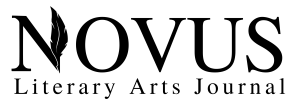Poetry
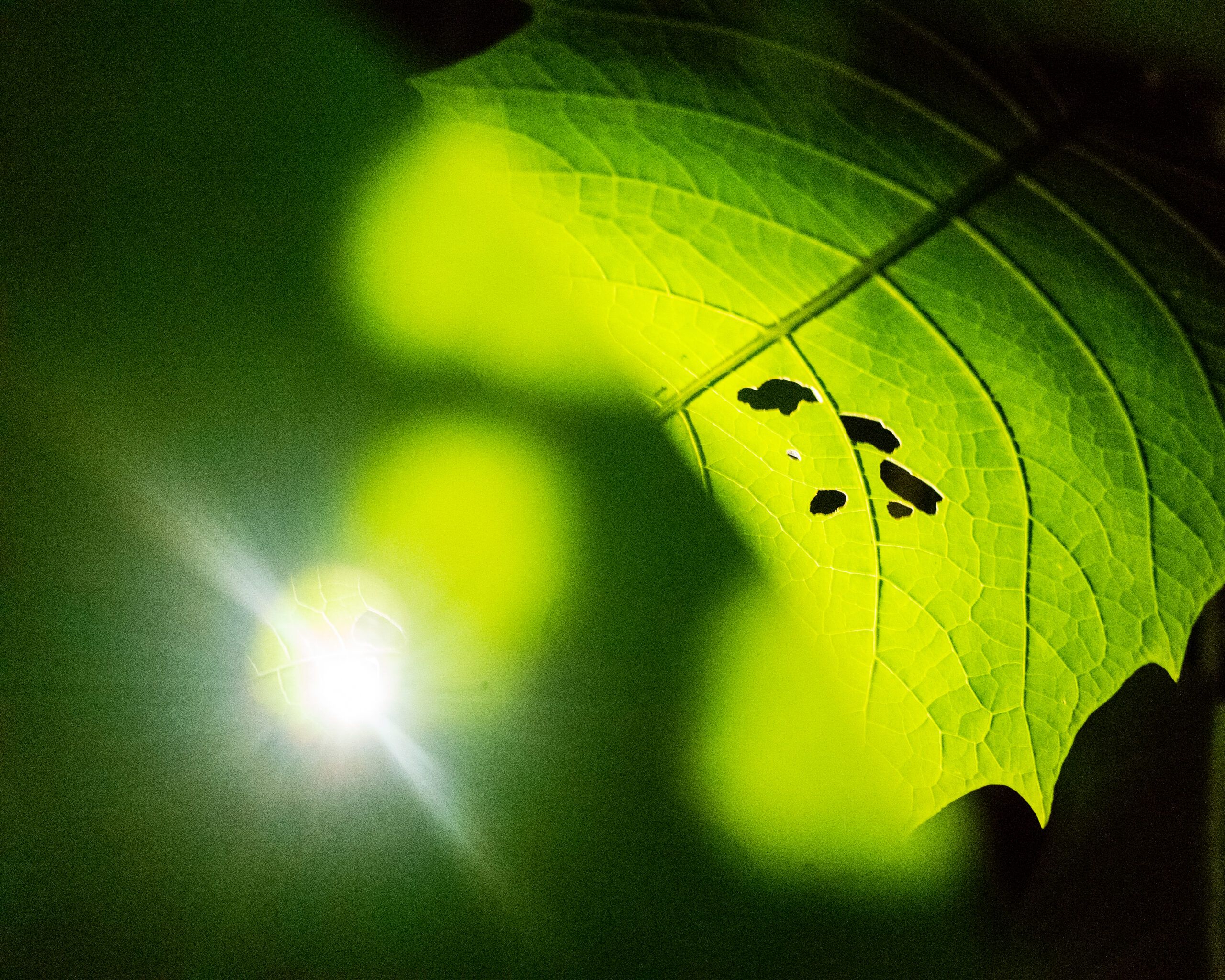
Only So Much
Dad calls my name
in the chaos of unlit morning,
says, Get up.
He is in a starched shirt and tie, shaved,
small piece of reddened tissue on his chin.
Mom left yesterday, Sunday.
Dad has no choice but to take me with him
to Queens where he manufactures fruit drinks,
liquid synthetics that burn the back of throats.
He tells me on the train that Mom has a bad heart—
an orange- and grape-flavored reformulation,
a fact like new weather.
The air outside the plant is dense
with sweet rot and acrid chemicals;
the ground by the door seethes: cockroaches.
I stop, step back. Dad walks through them,
turns, looks at me, waits. I hold up my arms—
but on this morning we commuted
on a double-decker train and city busses
and arrived at Dad’s refusal
to lift me.
I ask once more but know
I will do it, nearly wetting my tights.
Though I am only five, I understand.
The truth will repeat itself
with every hospital stay:
there is only so much he can do without her.
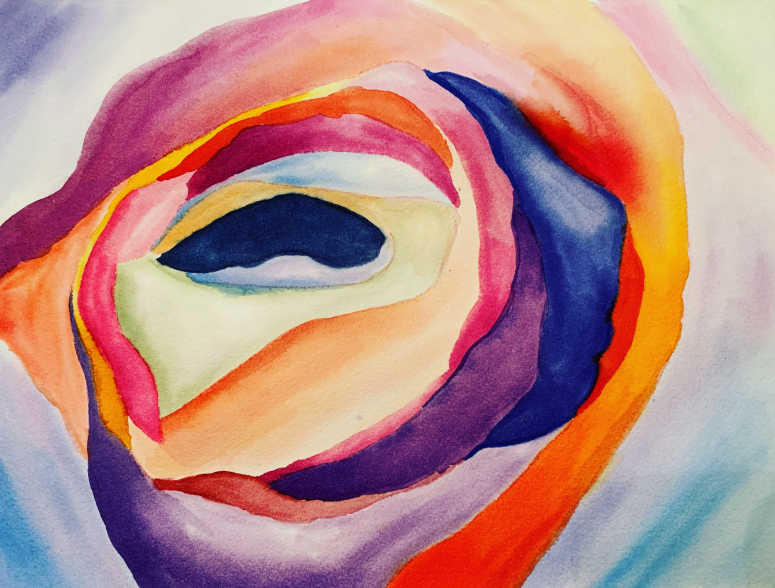
Beginning
I am from a mother who always gives
and a father who never quits. I am from grandparents
as rooted in New Mexico as the mountains and valleys.
I am from the state of red and yellow,
having suffered the serious soldiers
of Spain. I am from the tribes of strength and craft,
dignity and pride. I am breathing quietly in the corner of the room.
I am trying to be invisible.
I am speaking softly at the party,
I am repeating myself because no one can hear me.
I am screaming on this page, praying to be heard.
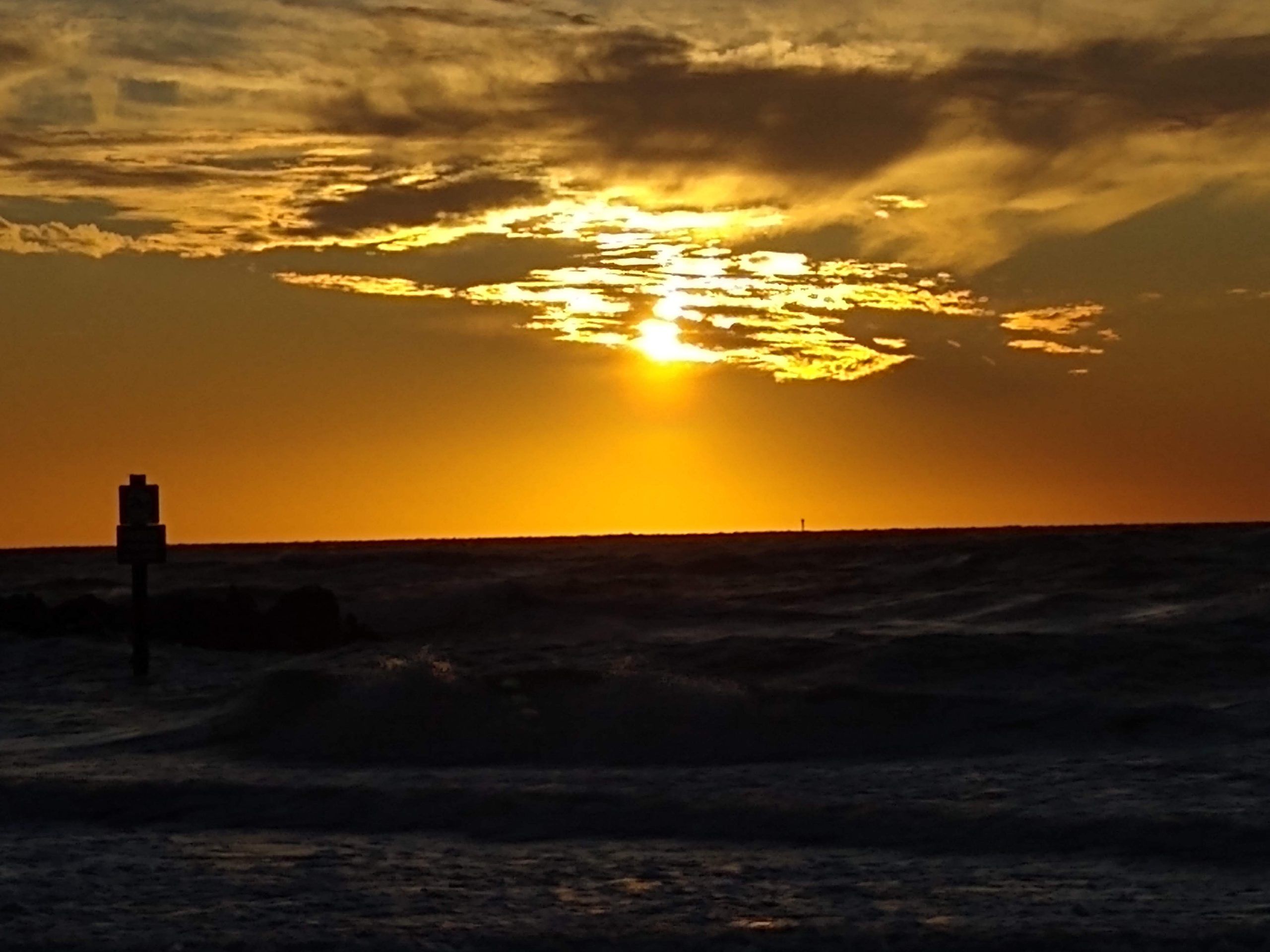
No te vayais
While the sun in its daily pilgrimage reminds the mortal of mortality, she does subtraction, linear
differences in distance, age and burdensome inhibitions. The water’s song on the shore telling —
no, singing — another story, don’t leave, keep returning to the ocean’s salted lips of that first
kiss,
The horizon devouring every ray of light, turning sky to a dark curtain, the waves summoning
touch, making little flashes of desire in the mind, don’t leave. North of the equator, thirst
transforms exponentially to dream, our feet slowly moving on the sand, a small fortune of time.
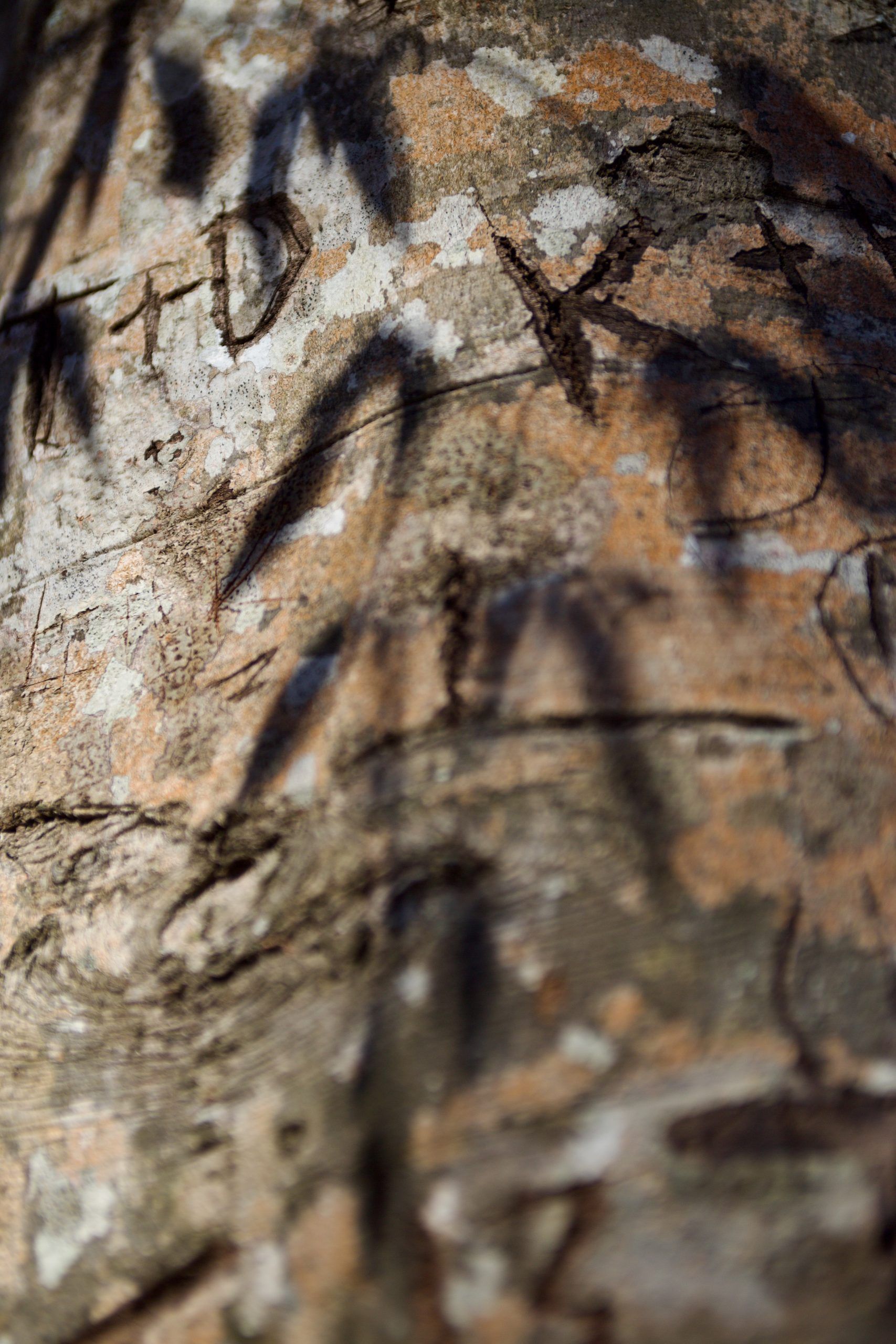
Where I Place my Roots
The palm of my hand reads like a road map
the lines are dirt roads leading up to
a yellow porch dog blinking at neighbors
warding off cicadas, water dripping from
his big dog snout. I followed a crease, past
the wobbly legs of weeping willows,
to Miss Kat’s fudge brownies and
her stories of the men who lived here before us-
her skeleton shakes when she laughs.
I have reached the thumb now
I stop at a circle driveway, the only pool in the neighborhood
undisturbed and vain
like glass, like a mother doing laundry
the vent from the basement breathing out Downy
and bleach. There are tulips in the patio urn
and Japanese maples in the back
a rounded-crown leaf fitting squarely in my hand
turned a fist, folding the map
and protecting history in my pocket.
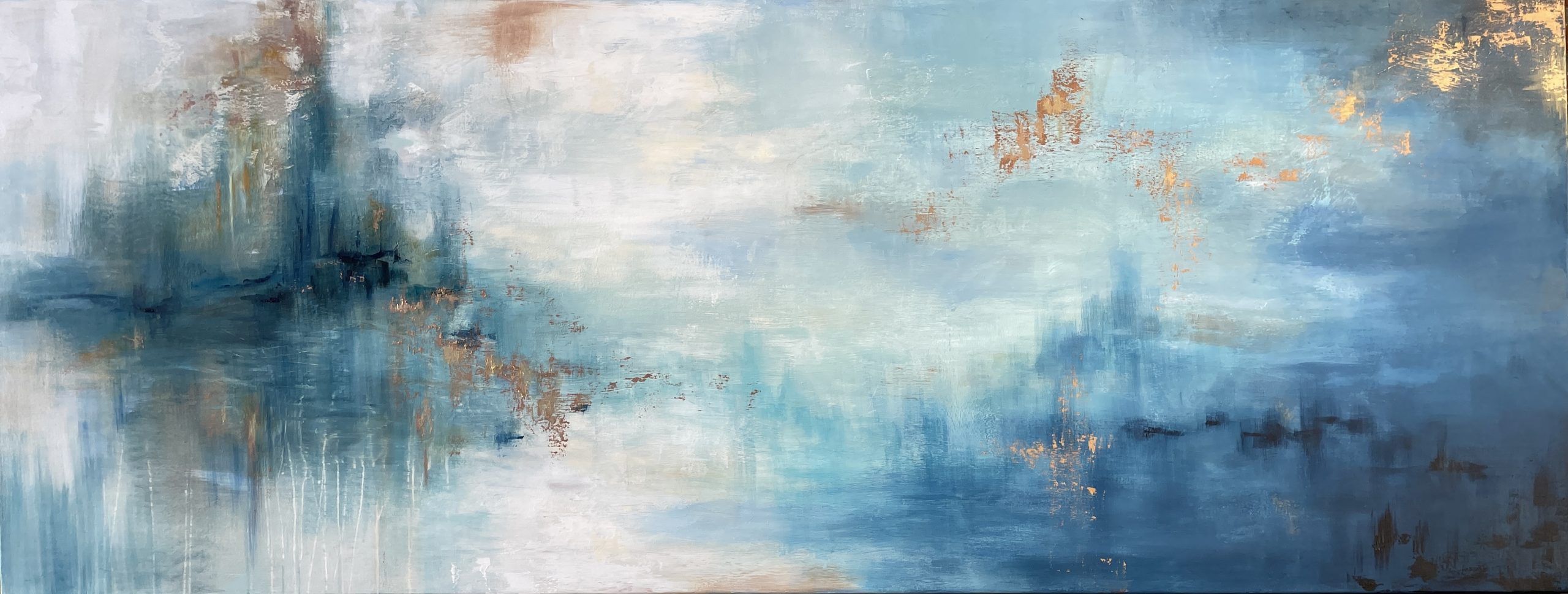
The Summer of the Baby Birds
My mother saved a nest of baby birds
in early May, the air mild and hushed
when you can see the gray melting
into colors we forgot existed.
She saved them in a shoebox, the
4 or 5 warm pink bellies and worried herself sick.
I heard if we touch a newborn animal,
its mother won’t come back. But I drove with
my own to the 24-hour convenience store for
baby food and watched her careful hands
under a flickering porch light,
how she shivered beneath an indifferent moon.
Every last bird had died
before the first call of the morning chickadee
when the world was still very blue. I think about
those birds now, their weak skin, every inch of it
vulnerable and dependent on my mother.
She’d be the last thing they could count on
and she had to know
what kind of mother wouldn’t come back.
Handlebar Chronicles
I learned to ride a bike so
that I could keep up with the neighborhood kids-
the public-school boys, with their
baseball trading cards and Coca Cola breath
On tires we were equals, weightless
our lungs a cocoon
for magnolias in full bloom
summertime sweat and Coppertone Sport
Mikey’s dad and his Irish Whiskey
my own with a failing heart
becoming white noise
beyond our eternal horizon
the liberation was palpable,
feeling like a helmet bruised knee and
dirt cementing on the skin of my legs.
Our tire patterns looked like braids
and I thought I may never follow them home.
